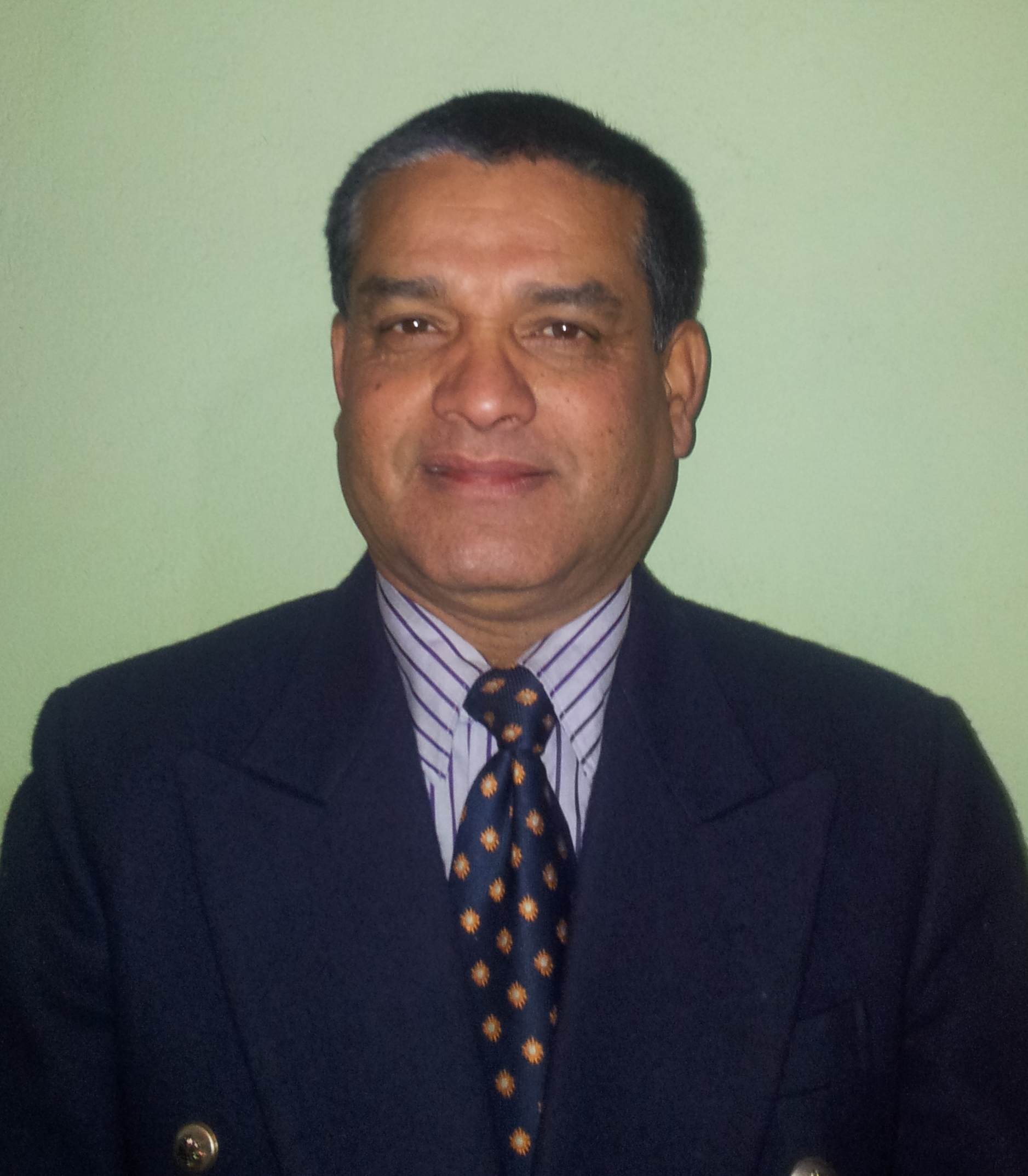Opinion
Living as refugees
Today, millions of people around the world face serious difficulties owing to statelessness, says UN Secretary-General António Guterres. Statelessness and the right to equal protection (R2P) are two very distinctive tribulations in the modern history of the world.
Suresh Sharma
Today, millions of people around the world face serious difficulties owing to statelessness, says UN Secretary-General António Guterres.
Statelessness and the right to equal protection (R2P) are two very distinctive tribulations in the modern history of the world.
Accordingly, the UN has endorsed varied conventions to get society and governments to abide by the three most important pillars of R2P to constitute a firm framework for coexistence with peace, stability and human rights.
Change in outlook
Human migration was never considered as a threat in societal history; it was seen more as enhancing commercial prospects.
In contrast, some Third World countries are becoming more ‘inward looking’ with unsympathetic opinions and attempts at protectionism.
These countries have failed to explore synergy, and their schizophrenia presents hazy national security challenges.
This eventually leads to a scenario of a community becoming stateless. These ethnic problems are often characterised by short-sighted solutions.
They try to resolve issues quickly without assessing their long-term consequences.
In the 1980s, thousands of Bhutanese left Bhutan and entered Nepal by crossing the territory of a third country.
This incident left us with a large community of stateless refugees who were not allowed to pass through India to go back to their homeland.
This was a classic example of a political manoeuvre and our political leaders were outwitted.
For this reason, they have remained tight-lipped till date and have displayed their poor diplomatic ability.
Nepali political leaders who travelled to Thimpu several times to resolve the problem were given false assurances that the refugees would be taken back by adopting a special categorisation methodology.
In the end however, even authentic citizens of Bhutan of Nepali-speaking ancestry were not given justice.
A large number of these refugees were resettled abroad due to Nepal’s relentless diplomatic efforts and the empathy of international organisations and some countries.
However, the remaining refugees are still living a difficult life in camps in eastern Nepal on UN handouts.
These Bhutanese (Lotsampas) can never be regarded as an autonomist force, and for justice, they must be integrated into their original homogeneous society in their land.
Our attention has been drawn to the exodus of Myanmar’s Rohingya Muslims from Rakhine state due to military action.
They have crossed the border into neighbouring Bangladesh placing their hope in its prime minister Sheikh Hasina’s appeal to Myanmar to take them back.
News stories have been published in the papers that a few of these Rohingya refugees may have even entered Nepal.
Photos have also been published showing the shacks in which Rohingya refugees who arrived in the past have been living.
The ethnic issue in Rakhine state is not a new one. It has been found that they have been treated separately.
They are not acknowledged as a recognised nationality, and have been deprived of basic rights for many years.
Severe backlash
The formation of a revolutionary group determined to wage a violent uprising would be an alarming development.
If it turns into an extremely violent team, the case will become more complicated. The Arakan Rohingya Salvation Army seems to be at the forefront.
If there is truth in allegations that this militant group has formed international links with other militant groups for training in modern guerrilla war tactics, the problem may become more complex in the future.
Burma’s military junta could not manage the problem during its time, and the problem has intensified following the country’s recent transition to democracy.
This challenge to the elected government must be taken as a great opportunity by instilling confidence in the people by engaging in fruitful dialogue to bring the country’s politics on the right track.
Should some new issue emerge in neighbouring countries, it should be addressed with a very strategic approach.
We should always deal with the predicament with a broad-based reconciliatory approach to build a homogenous societal configuration that will guarantee national and regional political stability instead of making claims like ‘they are outsiders’.
The issue of R2P is complex due to lack of accessibility and transparency as far as its violation is concerned.
Making a robust policing mechanism against such acts throughout the world is a great challenge for the UN and even the great powers who claim to be champions of human rights.
Crimes against humanity and the plight of refugees must be addressed by a stringent UN convention.
Otherwise, pitiable political issues like that of the Bhutanese Lotsampas and the Burmese Rohingyas will persist.
Sharma, a retired brigadier general and former spokesperson for Nepal Army, is the CEO of the Nepal Institute for Strategic Studies




 17.12°C Kathmandu
17.12°C Kathmandu










